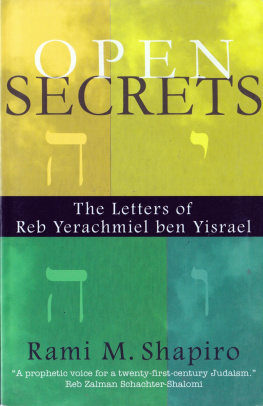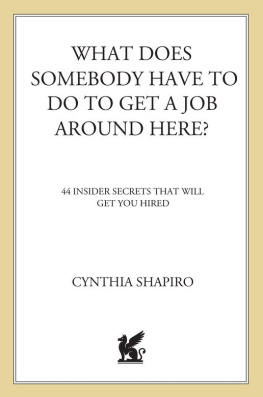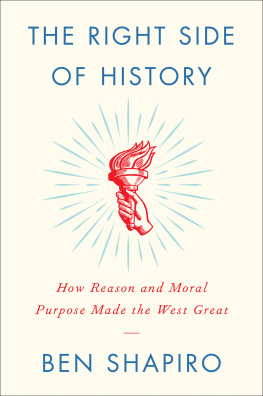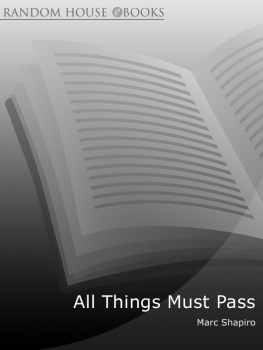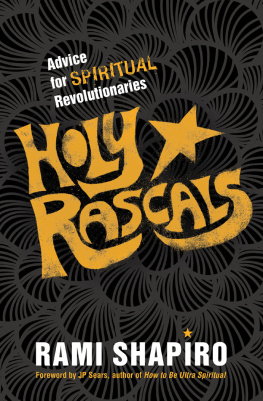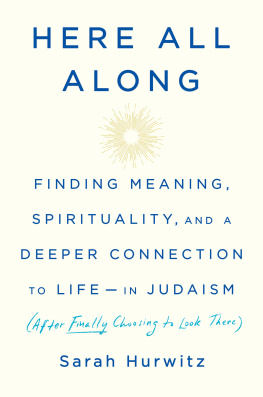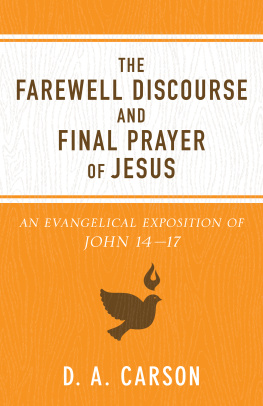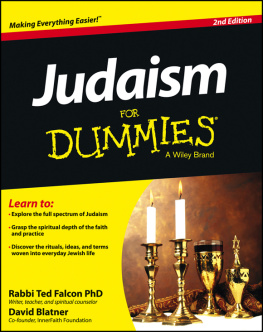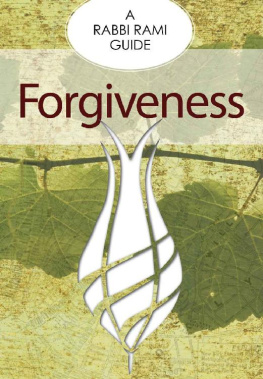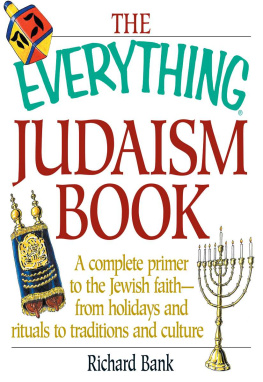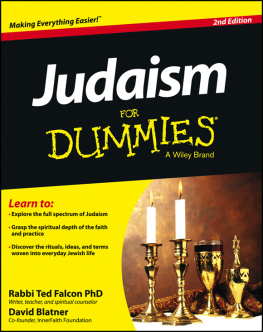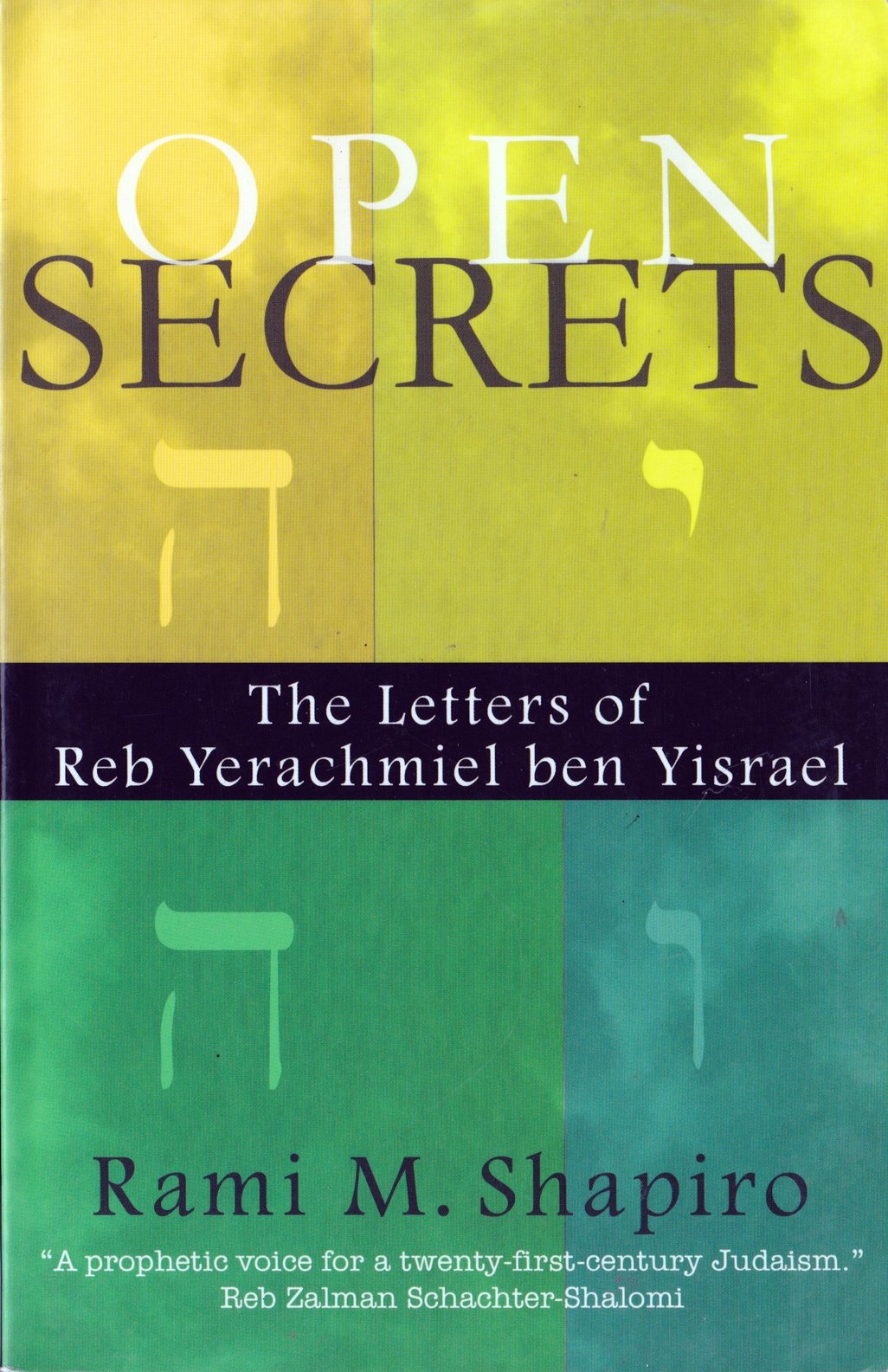ACKNOWLEDGMENTS
THIS BOOK HAS had a life of its own. Originally created as a handout for a seminar I offered at my Miami synagogue in the early nineties, these letters have been circulated in a variety of ersatz editions throughout North and South America. In 1994, Open Secrets found a home with Bo and Sita Lozoff and the Human Kindness Foundation. There it lived for ten years, as part of the mailings they send to residents of our nations many prisons. I am grateful to Bo and Sita, and also to the hundreds of prisoners who have written me in appreciation of this book and its teachings.
The muse behind these letters is the real Aaron Hershelmy son. I wrote these letters shortly after his Bar Mitzvah. They were a distillation of my philosophy that I hoped to share with him during his adolescence. I dont know how well I did in that regard. For all my desire to impart these teachings to him, I also felt the need to allow him to discover them on his own. Maybe the book was my way of saying, Here is the dad I meant to be. Here are the things I wanted to share with you. I am proud of my son and the man he has grown up to be. While most of the credit goes to his mother, Debbie, I will reserve a bit for Reb Yerachmiel and myself.
A few additional thank yous are vital here. First, to my rebbe Reb Zalman Schachter-Shalomi, whose concern for me and respect for my work led to the revival of this book. Second, to my friend and teacher Father Thomas Keating, whose endless enthusiasm for this book pushed me to find a commercial outlet for it. Third, to my publisher Paul Cohen of Monkfish whose willingness to back this venture turned Fr. Thomass urgings into reality. And fourth, to my editor, Toinette Lippe. This is my fourth book with Toinette, and in someways it has been the most satisfying. She has been involved with Open Secrets almost as long as I have: reading and rereading it, making suggestions to clarify both the text and the teaching, and encouraging me to stick with it even when the only home we could find for it was my desk drawer. Her eagerness to bring this book to fruition is a gift for which I am eternally grateful.
AN INVITATION
My dearest Aaron Hershel,
A letter arrives for me from the United States of America! You can imagine the excitement all over our village: Who does Yerachmiel ben Yisrael know in America? I myself could not imagine who would write me from such a place, and when I opened the letter and discovered it was from you gvalt! What joy!
You were a good student, Hershele, not the best, but good. I am honored that you have chosen to continue your studies with me. It will be a challenge, not simply because of the distance, but because of the message. You ask difficult questions, and I prefer the simplest answers. The more words, the easier it is to avoid saying anything.
My teaching is nothow might I say this delicatelynormative. While I believe with all my heart in God, Torah, and Israel, I do not understand these as my teachers and my peers would have me do. What I teach is not, God forbid, heresy, but neither is it mainstream.
My teaching is simple. I work hard to keep it that way. It is easy to fool a person who knows little with teachings that say much. I am not a complicated man, and do not wish to appear as one. I am simple and so my Judaism is simple. So simple, in fact, that it need not be taken on faith, but can be tested by anyone who wishes to know its validity.
My Judaism is not rich in halachic (legalistic) nuances. I admit to not being the greatest student of the Talmud and Codes. I admit to dreaming while my peers were cracking their heads on Mishnah and Gemorah (the two books of law and ethics that make up the Talmud, the code book of Jewish living). I learned enough to get by. Isnt that ahorrible thing for a rabbi to say? I am not even average, but a bit below. I should be ashamed. But, what can I say, I am not.
Whenever I was asked to rule on a point of law I was blessed with colleagues to whom I could send the questioner. Why offer second best when the best is close at hand? It is the heart not the Halachah (Jewish law) that interests me, and I confess that I am not really concerned with the details of tradition. Many would say I am not a good Jew, God forfend! But if a good Jew is one scrupulous with the law, then they are right.
Having said that, let me add this: It may just be that what you in America need is not a good Jew but a bad one like me. From what I hear about America, it is not so kosher a place that everyone is running to the rebbe to check a chickens worthiness to be eaten. Me, I would rather you leave the bird alone. Perhaps we will talk about diet and kashrut (Jewish dietary laws) another time. All I mean to tell you is that my Judaism seeks only the heart of the teaching and the essence of the practice and leaves the details to others. I am not opposed to them. I am simply not drawn to them.
My Judaism is not of one camp or another. I am bored by labels. I owe allegiance only to God, Torah, and Israel. Let others debate and denounce. I havent the mind for the first nor the stomach for the second. All I want is to be left alone to my study, my teaching, and my prayers. And my letters to you, my dear friend. I look forward to this exchange. The chance to continue our studies is a blessing to me. And I hope to you.
I will ask one thing further of you: do not destroy these letters. I head no yeshivah (school of Jewish learning), I have written no books, and I have chosen to work with so very few students that these letters may be my only legacy. I have never felt a need to have my thoughts outlive the mind that thinks them, and I still believe that the deepest teaching takes place in the face-to-face exchange of teacher and student.But you and I are not permitted this luxury, and something tells me that our situation will not be unique.
There will soon come a time when our people will be ignorant of our teachings, and confused about who they are. They will be troubled, and like the Simple Son of the Haggadah (the Passover prayer book) they will not even know what to ask. Perhaps you will be their voice, raising their questions that they may read my answers when the time arises. But that is out of our hands. All we can do is learn from each other. I eagerly await your next letter.
BShalom (in peace]
JUDAISM
My dearest Aaron Hershel,
You are quite right that we need to begin at the beginning. A new land, a new start. But as to your suggestion of a new Judaism, who is to say? That is not my intent. My intent is just to answer your questions.
So, the question is What is Judaism? You know, of course, the Talmuds section on defining Judaism ( Makkot 23b): Rabbi Simlai began by saying that the 613 mitzvot (commandments) were reduced to 11 by King David (Psalm 15), to six by Isaiah (Isaiah: 33:15), and then to three by Micah (Micah: 6:8). Isaiah further reduced them to two: Keep judgment and righteousness. Amos came and reduced them to one: Seek Me and live (Amos: 5:4). Habbakuk proposed an alternative: The Righteous live by faith (Habbakuk: 2:4).

